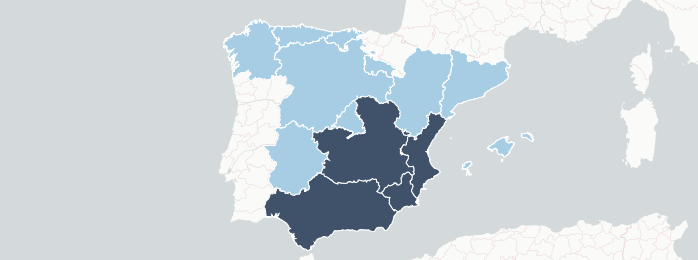Highlights

Report IEB 2023
The IEB Report on Fiscal Federalism and Public Finance is published every year, since 2009,...

2024/02: Can teachers influence student perceptions and preferences? Experime...
We explore the impact of university teacher-student interactions on student perceptions of, and preferences with...

IEB Report 4/2023: Education Policy: Quality and Equality of Opportunity
Market economies inevitably come with economic inequality. However, economic inequality today depends not only on...

2024/01: Issue brief: Making jobs out of the energy transition: Evidence from...
Vast amounts are being invested in the energy transition worldwide, with optimistic expectations of economic...

2023/13: Gender differences in high-stakes performance and college admission...
The Gale-Shapley algorithm is one of the most popular college allocation mechanism around the world....

2023/12: Resilience-thinking training for college students: Evidence from a ...
We conducted a randomized evaluation of a universal primary prevention intervention whose main goal was...


